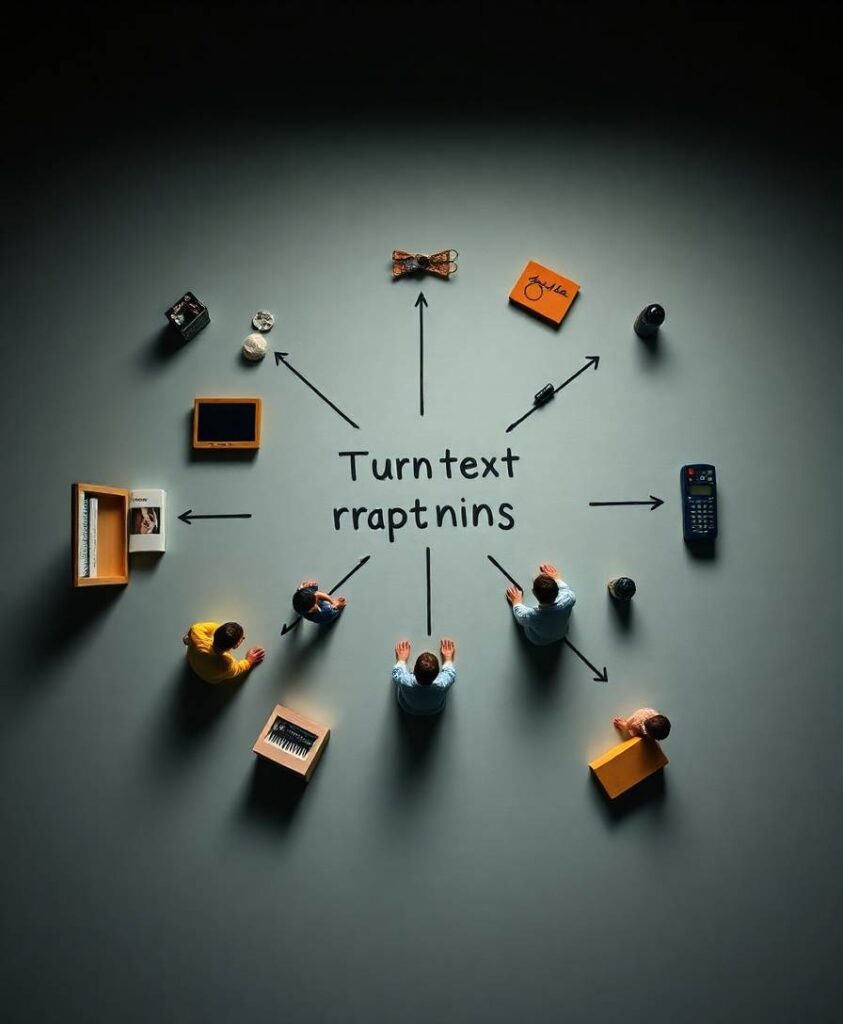
The challenge of creating such an AI tutor goes far beyond programming algorithms. Researchers must navigate complex intersections of cognitive science, psychology, and machine learning, developing systems that can recognize subtle learning patterns and emotional contexts. This demands unprecedented sophistication in understanding human cognitive development, mapping how individuals absorb and process information across different developmental stages and cultural backgrounds.
Critically, an effective AI tutor isn’t about replacing human educators but amplifying their capacity to support diverse learning needs. By generating insights into individual learning trajectories, such technology could help educators design more responsive pedagogical strategies, particularly for students who might otherwise struggle in traditional classroom environments. The potential implications stretch beyond individual learning—this research could reshape our fundamental understanding of educational equity, personalization, and human cognitive potential.
The vision of a universal artificial intelligence (AI) tutor has remained elusive, despite decades of effort. Could large language models (LLMs) be the game-changer? We overview novel issues arising from developing a nationwide AI tutor. We highlight the practical questions that point to specific gaps in our scientific understanding of the learning process.

